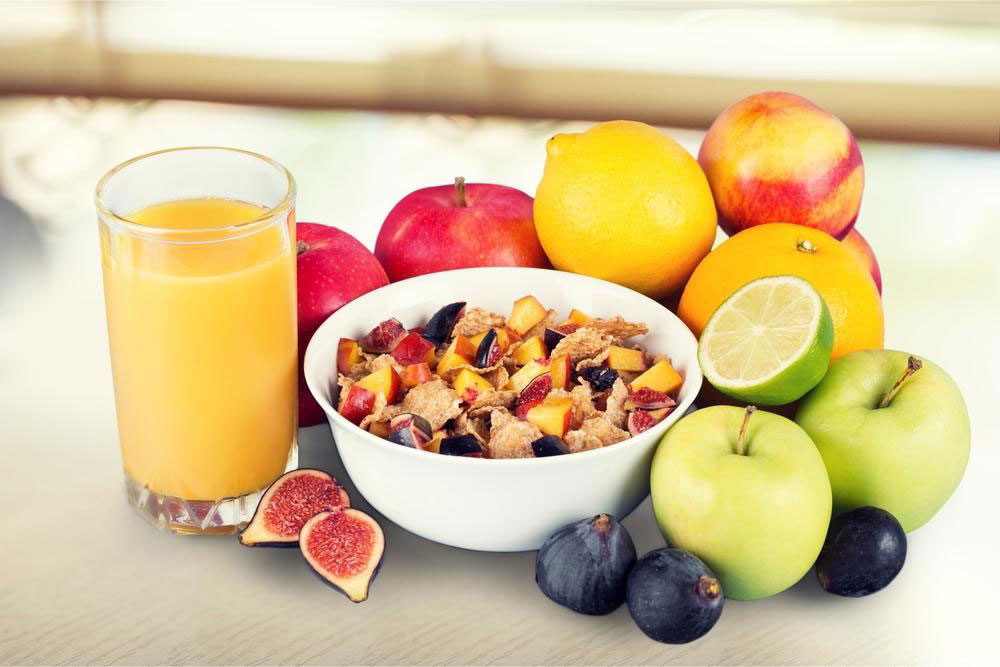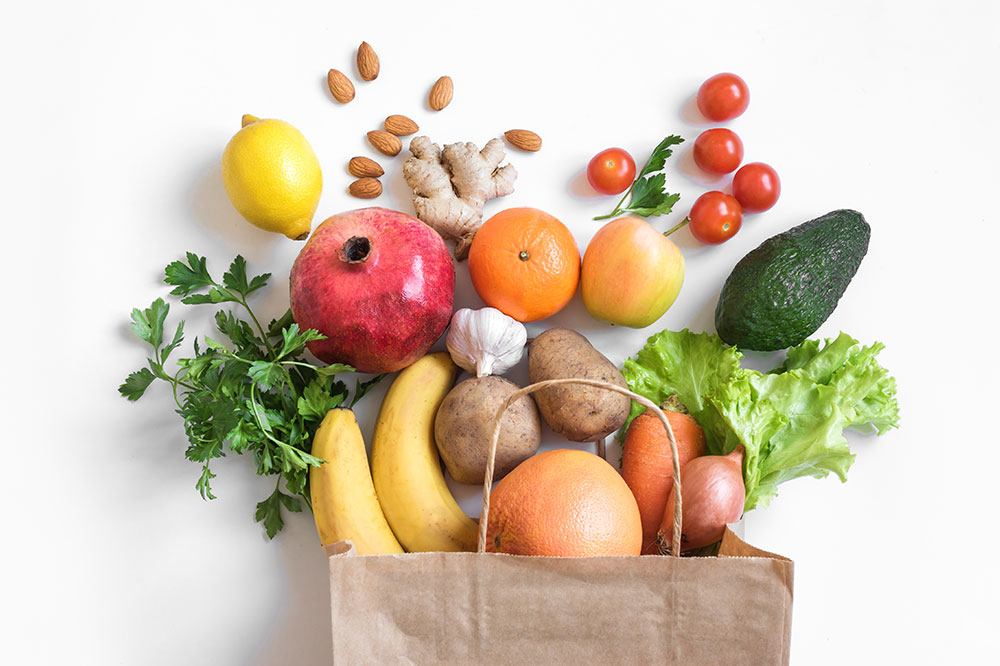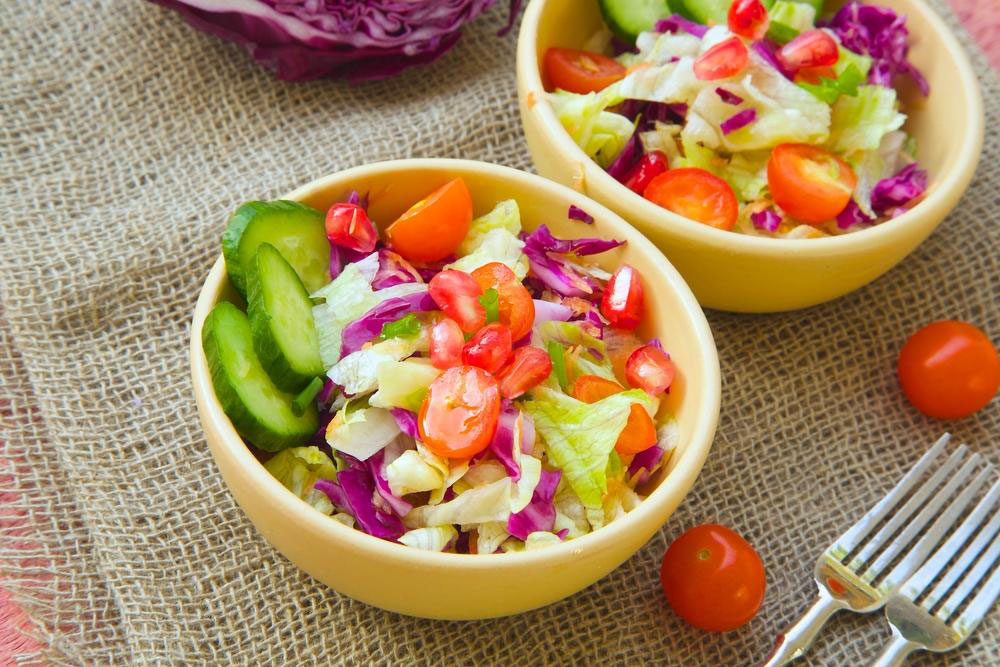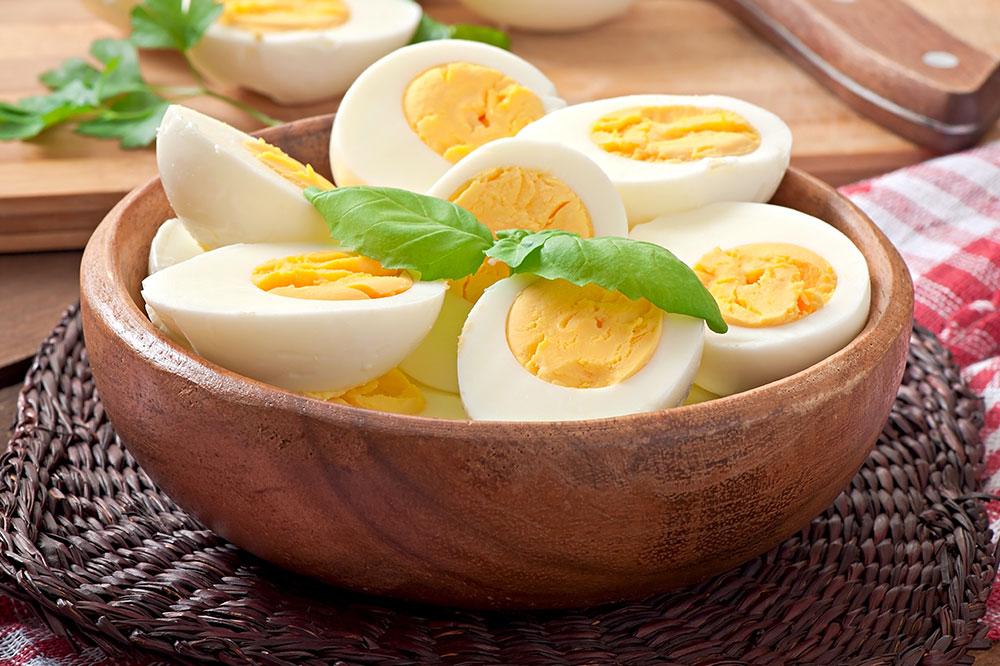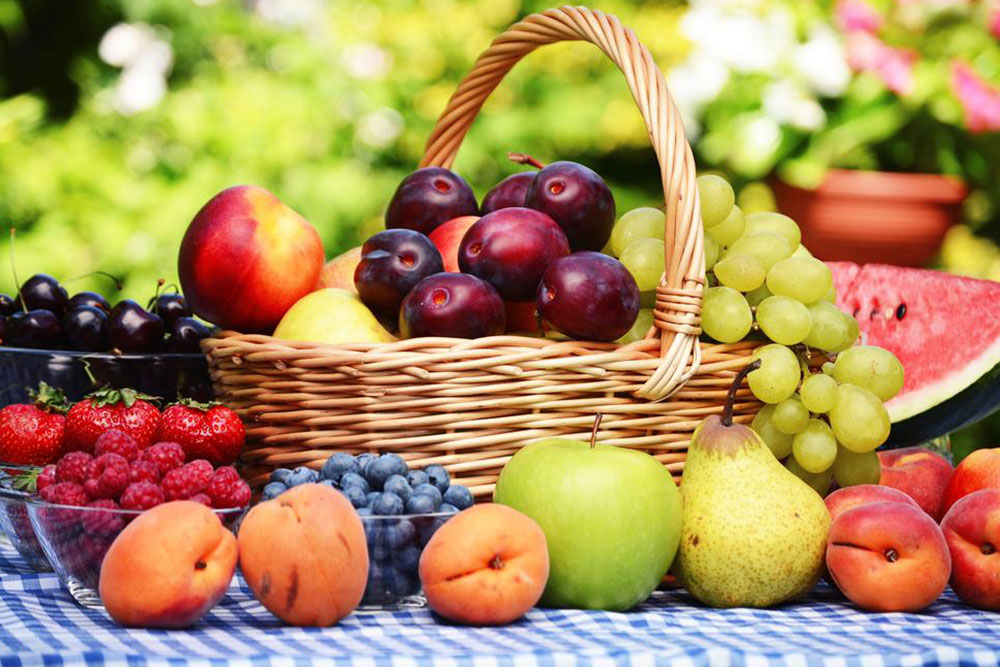Top 9 Nutrient-Rich Foods to Boost Your Daily Fiber Intake
Discover the top nine foods rich in dietary fiber that promote digestive health, manage cholesterol, and support weight loss. Incorporating these nutrient-dense ingredients like lentils, chia seeds, and artichokes into your daily meals can boost your overall wellness. This guide provides practical tips on utilizing these foods in diverse recipes to meet your fiber requirements effortlessly, ensuring a healthier, disease-resistant lifestyle. Embrace fiber-focused eating for lasting health benefits without sacrificing flavor or variety.
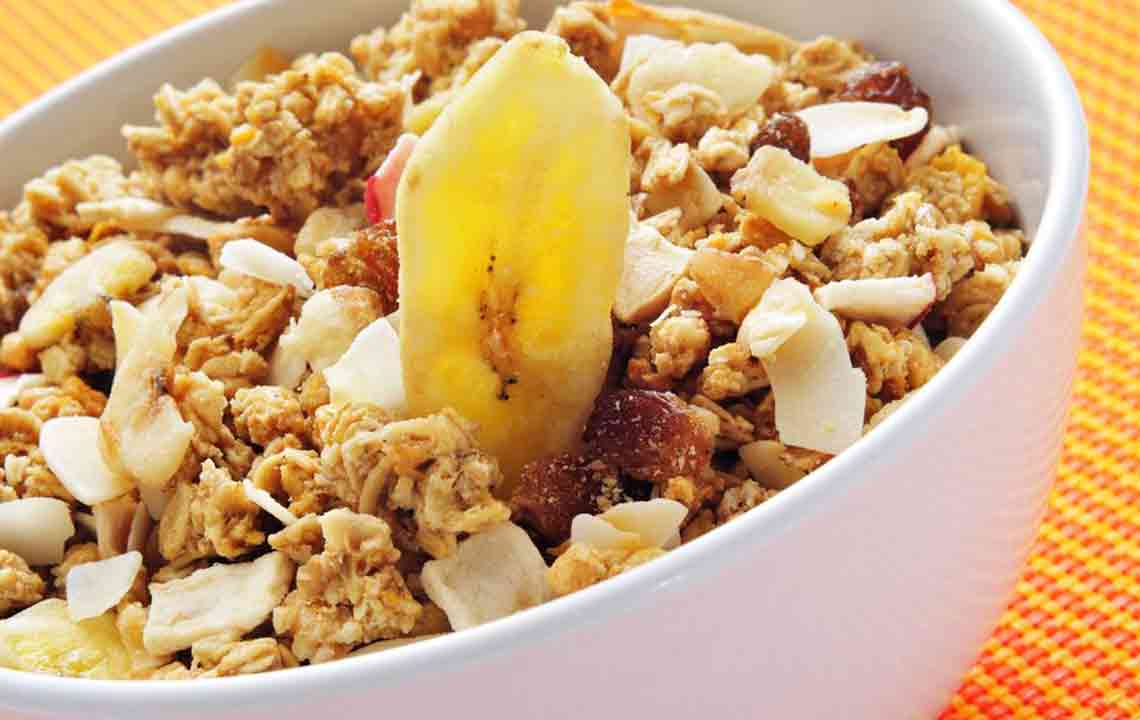
Top 9 Nutrient-Rich Foods to Boost Your Daily Fiber Intake
While macronutrients like carbohydrates, proteins, and fats often dominate diet discussions, dietary fiber plays a crucial role in maintaining overall health. Including enough fiber supports weight management, promotes healthy digestion, reduces cholesterol, and helps prevent chronic diseases like heart disease and diabetes. Fiber is abundantly found in fruits, vegetables, whole grains, and legumes. Based on recommendations from health authorities, adults under 50 should aim for 25-38 grams daily. Here’s a list of fiber-dense foods, highlighting their benefits and fiber content.
Lentils: As a high-fiber, protein-rich source, lentils keep you feeling satisfied and energized longer. Versatile for soups, salads, and stews, 100 grams of cooked lentils provide about 8 grams of fiber, fulfilling roughly 21% of daily needs.
Split peas: Split peas are essential for fiber intake, aiding blood sugar regulation and cholesterol reduction. They can be included in soups and stews, with 100 grams of cooked split peas containing 8 grams of fiber, covering about 21% of daily requirements.
Navy beans: Navy beans are packed with fiber, supporting healthy cholesterol levels and blood sugar control. They also supply vital vitamins and minerals. Incorporate them into salads, soups, or spreads, and get approximately 11 grams of fiber per 100 grams cooked, meeting 29% of the daily goal.
Kidney beans: Known for lowering cholesterol and aiding metabolic health, kidney beans are versatile for salads, pies, or Latin dishes. One hundred grams of boiled kidney beans provide about 6 grams of fiber, or 16% of daily needs.
Chia seeds: Chia seeds are considered a superfood due to their high fiber and nutritional content. They support energy, skin health, and bone strength. Whether eaten raw or soaked, 100 grams offer around 34 grams of fiber, covering 89% of daily requirements.
Flax seeds: Rich in fiber, flax seeds promote weight management, healthy skin and hair, and digestive health. Use them in smoothies, cereals, or baking, with 100 grams providing 27 grams of fiber—about 71% of daily needs.
Sunflower seeds: These seeds are a good source of fiber and protein, aiding digestion and blood sugar regulation. They add crunch to salads, baked goods, and bread, with 12 grams of fiber per 100 grams, covering 23% of daily fiber requirements.
Artichokes: Artichokes are among the most fiber-rich vegetables, beneficial for liver health, digestion, and blood pressure control. They can be enjoyed as dips, in pastas, or salads, providing 5 grams of fiber per 100 grams, or 13% of daily intake.
Peas: Green peas are nutrient-dense and high in fiber, supporting digestion and reducing risks of heart disease and cancers. Add them to salads or dishes with vegetables like carrots and mushrooms. They contain about 5 grams of fiber per 100 grams, meeting 13% of daily needs.
The above list highlights diverse, fiber-rich foods that can easily be added to your daily diet, helping you achieve optimal health and disease prevention without major lifestyle changes.


